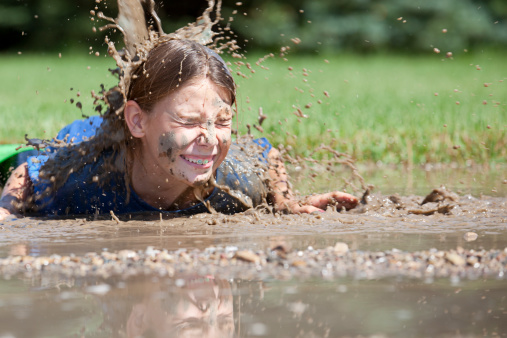
Mary, a college sophomore, tells me failure is “disgusting,” a wave of the “worst thing ever.”
When I ask why, she answers without hesitation. “I’m so used to doing well on things. If one thing goes wrong, I just want it to go away and feel like it never happened.”
That’s why Mary rarely speaks about her setbacks, including the study-abroad trip when she suffered from brutal homesickness, but didn’t tell a soul. She is terrified to be seen as anything less than extraordinary.
Jessica Lahey’s new book, The Gift of Failure: How the Best Parents Learn to Let Go So Their Children Can Succeed, says young women like Mary are in trouble. They’ve been so protected from mistakes, usually by their parents, that they fear failure, avoid risk and value image over learning. By the time they go to college, they are more vulnerable to depression, anxiety and stress.
Lahey says parents defail their kids’ lives in order to minimize kids’ pain and extend their need for mom and dad’s support. When kids are dependent on parents, mom and dad can enjoy kids’ wins as evidence of superior parenting.
A raft of studies back up Lahey’s point. But evidence suggests that girls may be especially vulnerable when it comes to failing, and being spared from it. Here’s why trying to protect girls from challenge hits them especially hard:
Girls respond to failure differently than boys. When girls make mistakes, they’re more likely to interpret the setback as a sign they lack ability — a factor much harder for girls to change. Boys, on the other hand, tend to attribute failure to more controllable circumstances.
The phenomenon has been traced in part to how teachers talk to students. In observational studies, teachers corrected girls for mistakes related to ability, while boys tended to get more behavioral interventions (“Pipe down!”, “Stop throwing that paper airplane,” and so on).
Other studies have found that girls are more likely to give up in the face of a stressful academic situation. In one study, fifth-grade students were given a task that was intentionally confusing. It was the girls who were derailed by the confusion and unable to learn the material. Notably, the highest-IQ girls struggled the most. The phenomenon continues in college, where Harvard economist Claudia Goldin found it was women dropping out of Intro to Economics when they failed to get A’s.
In the early 2000s, a new gender difference in how kids experience failure was identified. “Stereotype threat” — the burden girls face when dealing with the stereotype that they are “bad” at math and science — has been linked to their underperformance in science, technology, engineering and mathematics (STEM).
Less known is how stereotype threat makes failure more bruising for girls. It works like this: when girls buy into the stereotype that they’re bad at math, they don’t see a missed problem or poor grade as a correctible issue. Instead, it confirms what everyone else knows — that they simply have less ability. These experiences, researchers say, “add stress and self-doubt to [girls’] educational experiences and diminish their sense of belonging to the academic arena.”
Rescuing girls from failure makes them lose motivation — even more than boys. We learn best when we’re intrinsically motivated — that is, when we try something new for the sheer enjoyment of the experience. Intrinsic motivation is one of learning’s most precious resources. It bolsters us to stick out the tough moments of a challenge and pursue what we love to do.
Autonomy is one of three core ingredients of intrinsic motivation. In other words, we’re most inclined to want to learn when we can do it freely and of our own accord. When we believe others are interfering with our autonomy by trying to control our performance — say, by offering rewards, threatening punishment or offering certain kinds of praise — our motivation plummets.
Professors Edward L. Deci and Richard M. Ryan, pioneers in the study of motivation, say girls are more vulnerable to having their autonomy and motivation threatened. Because girls are raised to please others, they tend to care more about feedback from teachers and parents — and so are more sensitive to feeling controlled.
Females, Deci and Ryan have written, “pay particular attention to evidence of having pleased the evaluator when praised.” That’s why multiple studies find that girls show more negative outcomes when they are praised in ways that pressure them to keep performing at a high level.
In one study, praising elementary-school students for fixed traits and abilities, like being “smart” or “nice,” undermined intrinsic motivation for girls, but not boys. Another study found that in success situations, boys were more comfortable with praise that focused on their abilities, while girls were more comfortable with effort praise (“You worked hard”).
So what does work for girls? One study found that using informational praise to describe a good performance (“You did very well on that test”), instead of making an interpretation of it (“You’re so smart”), increased girls’ intrinsic motivation. Praising effort (“You worked really hard on that”) over ability has consistently been proven to motivate all kids, and especially girls.
Failing well is a skill. Letting girls do it gives them critical practice coping with a negative experience. It also gives them the opportunity to develop a kind of confidence and resilience that can only be forged in times of challenge. Besides this, girls need educators and parents to challenge stereotype threat, reminding them that ability can always be improved with effort, and that who they are will not determine where they end up.
Lahey says that saving kids from failure sends the message that we think they’re “incompetent, incapable and unworthy of our trust.” That’s why giving kids the space to screw up, as Lahey advises, is so important — and will be particularly so for girls.
Here's What 20 Famous Women Think About Feminism
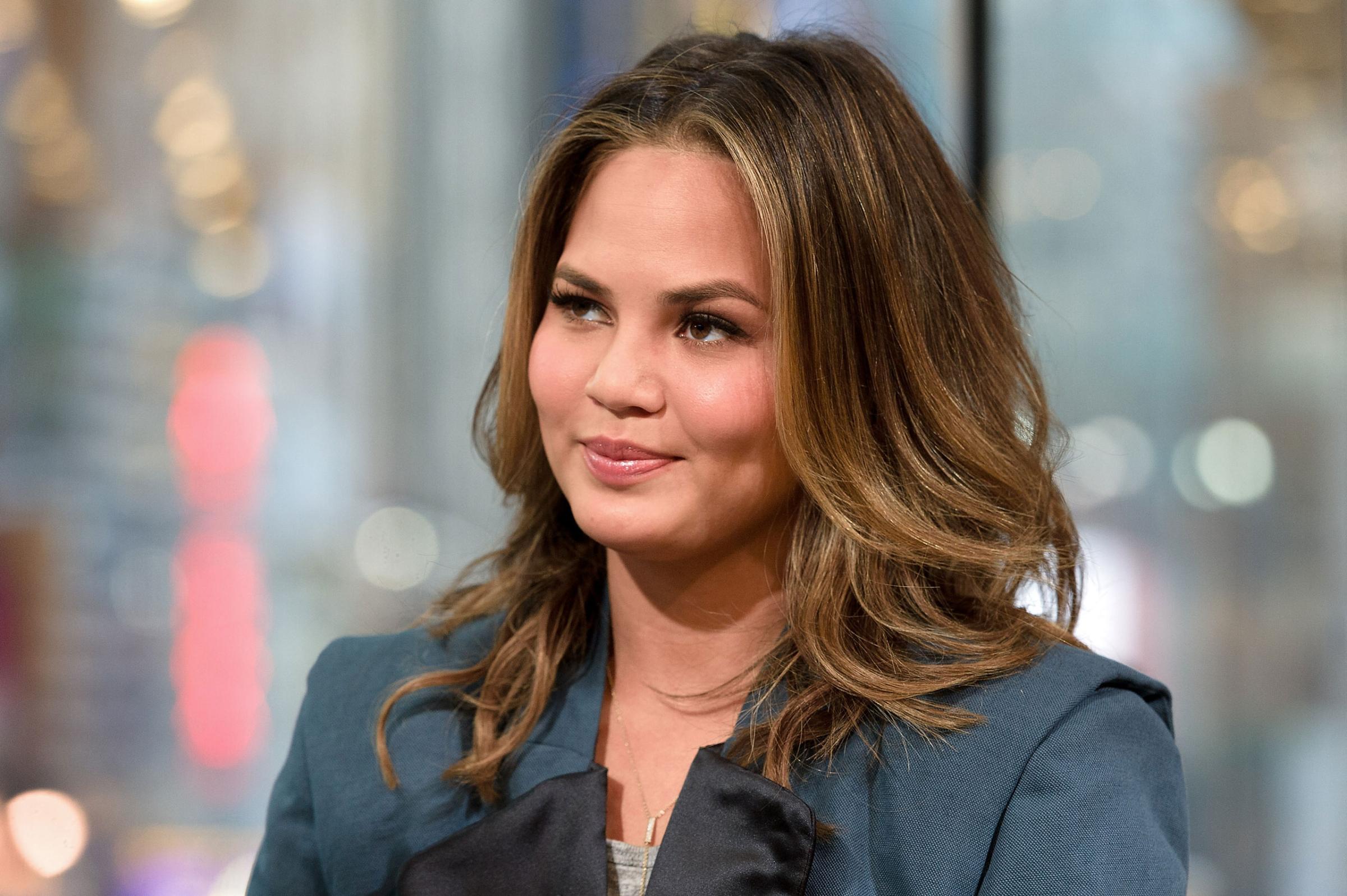


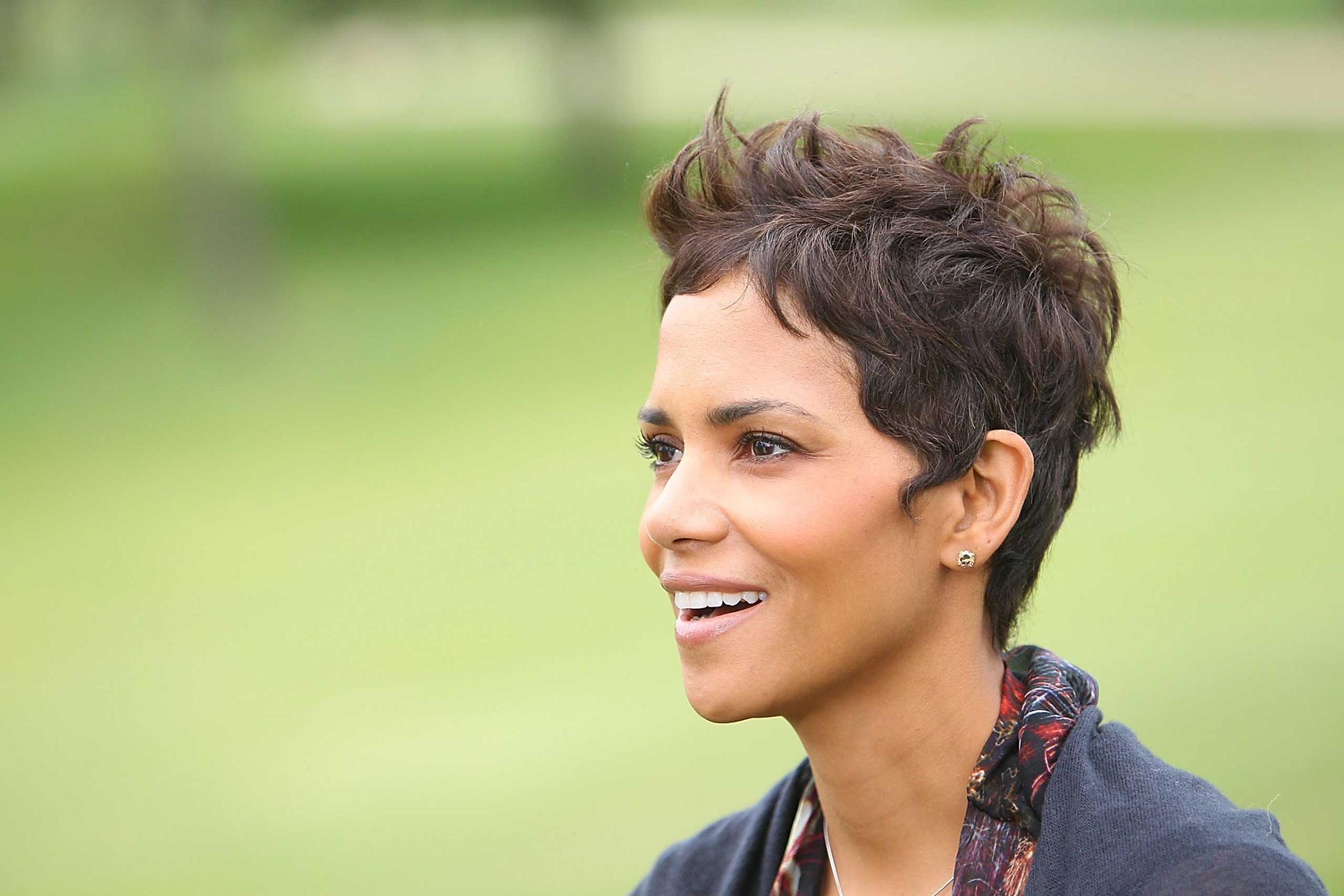
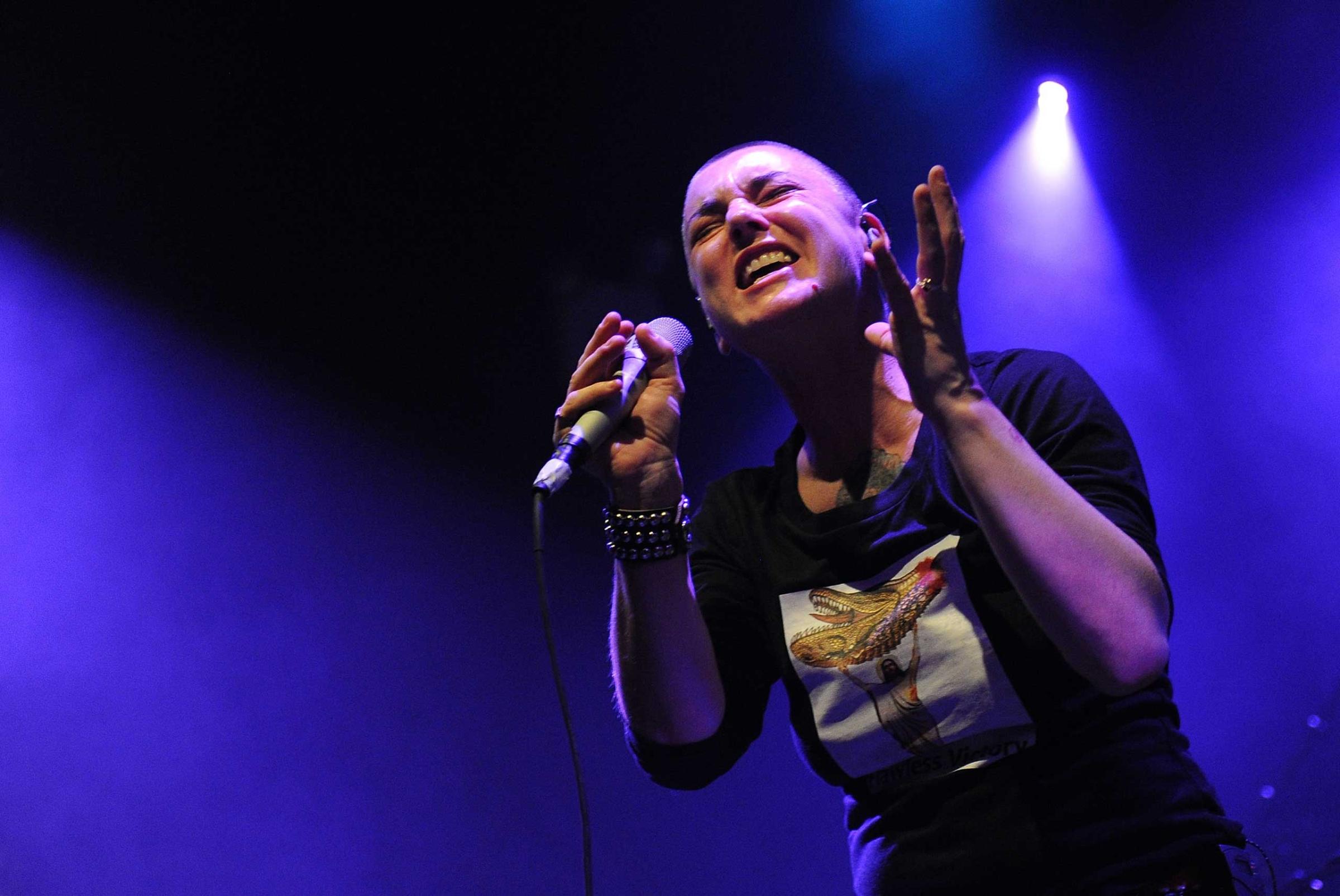
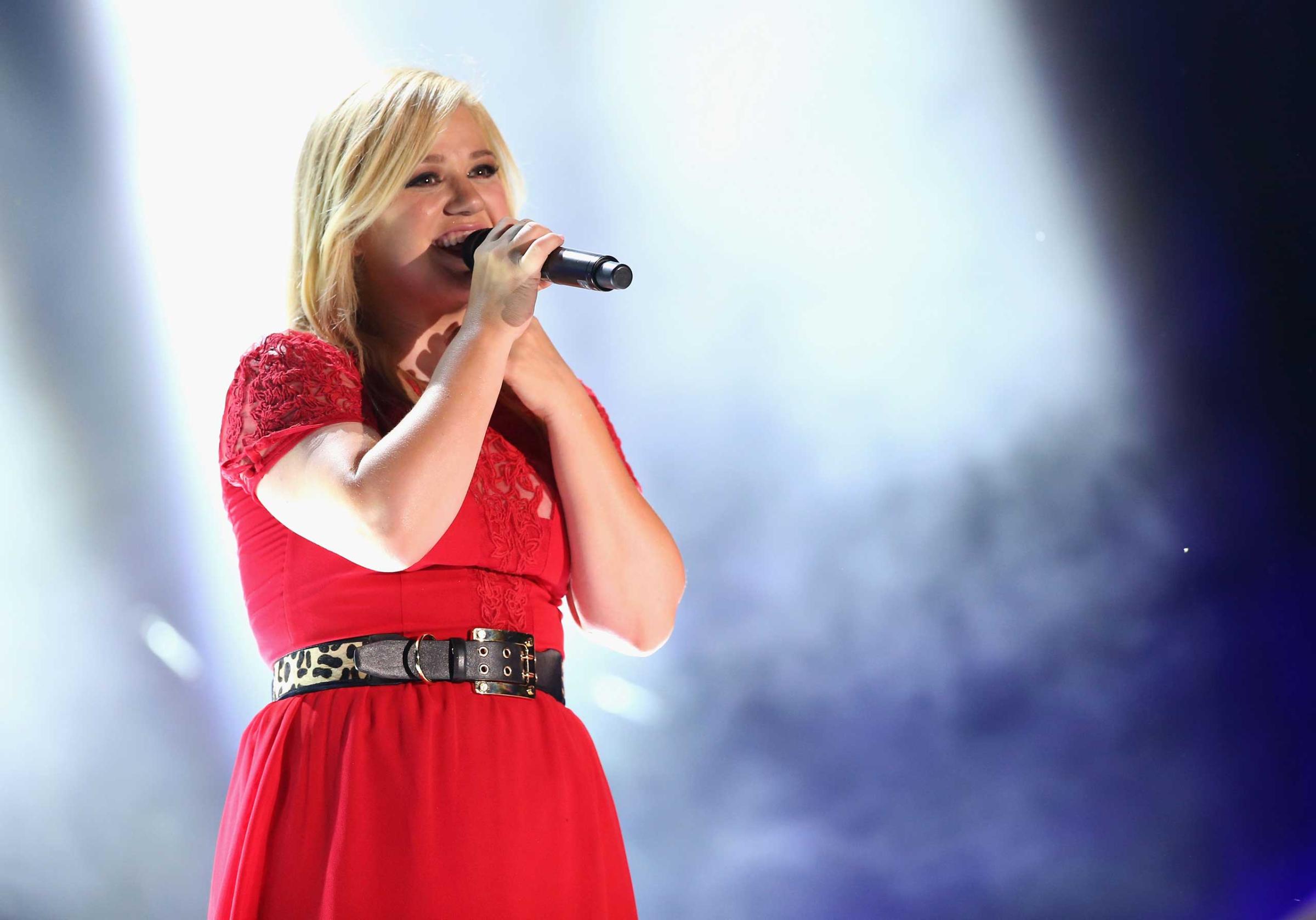
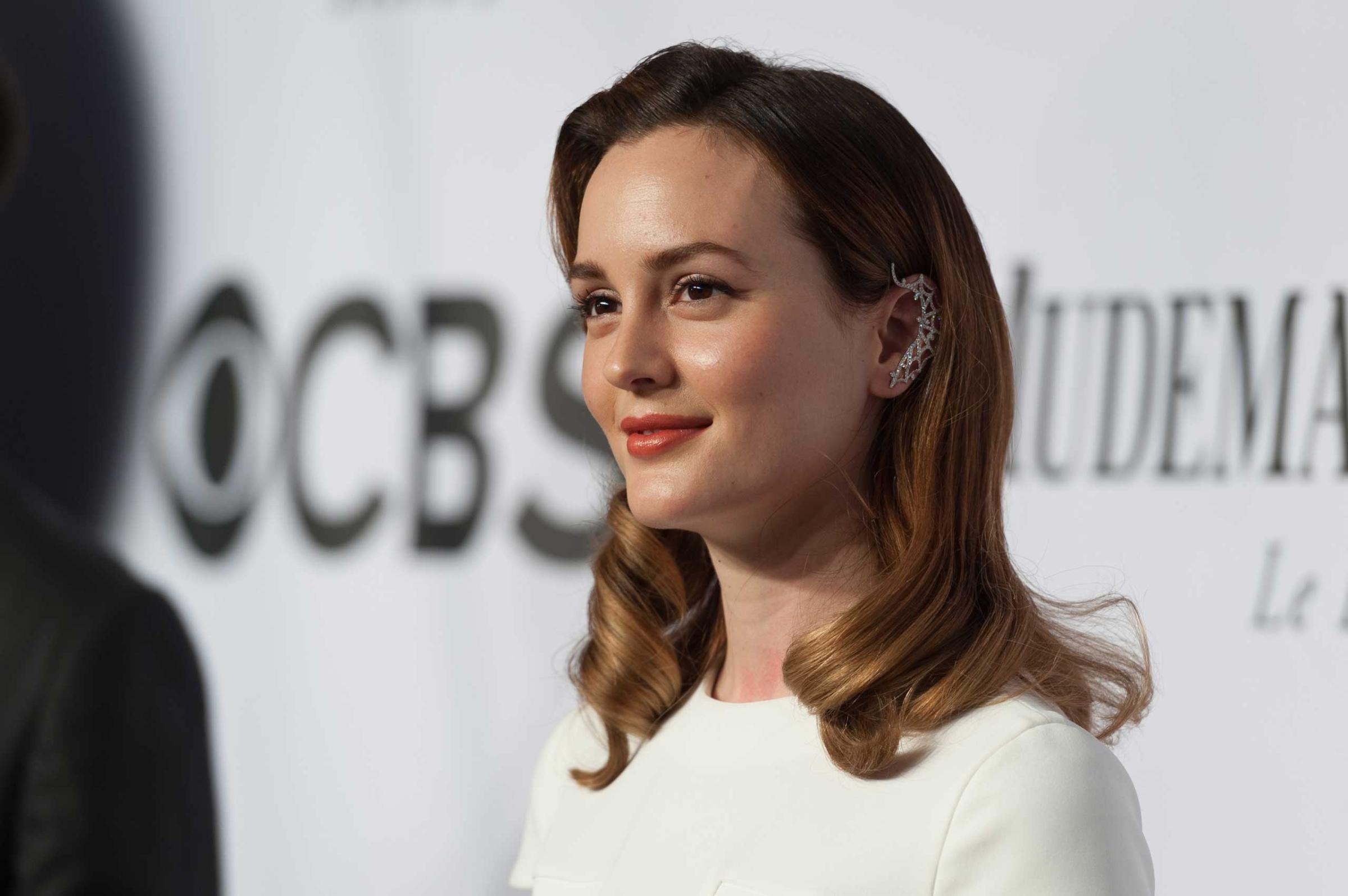


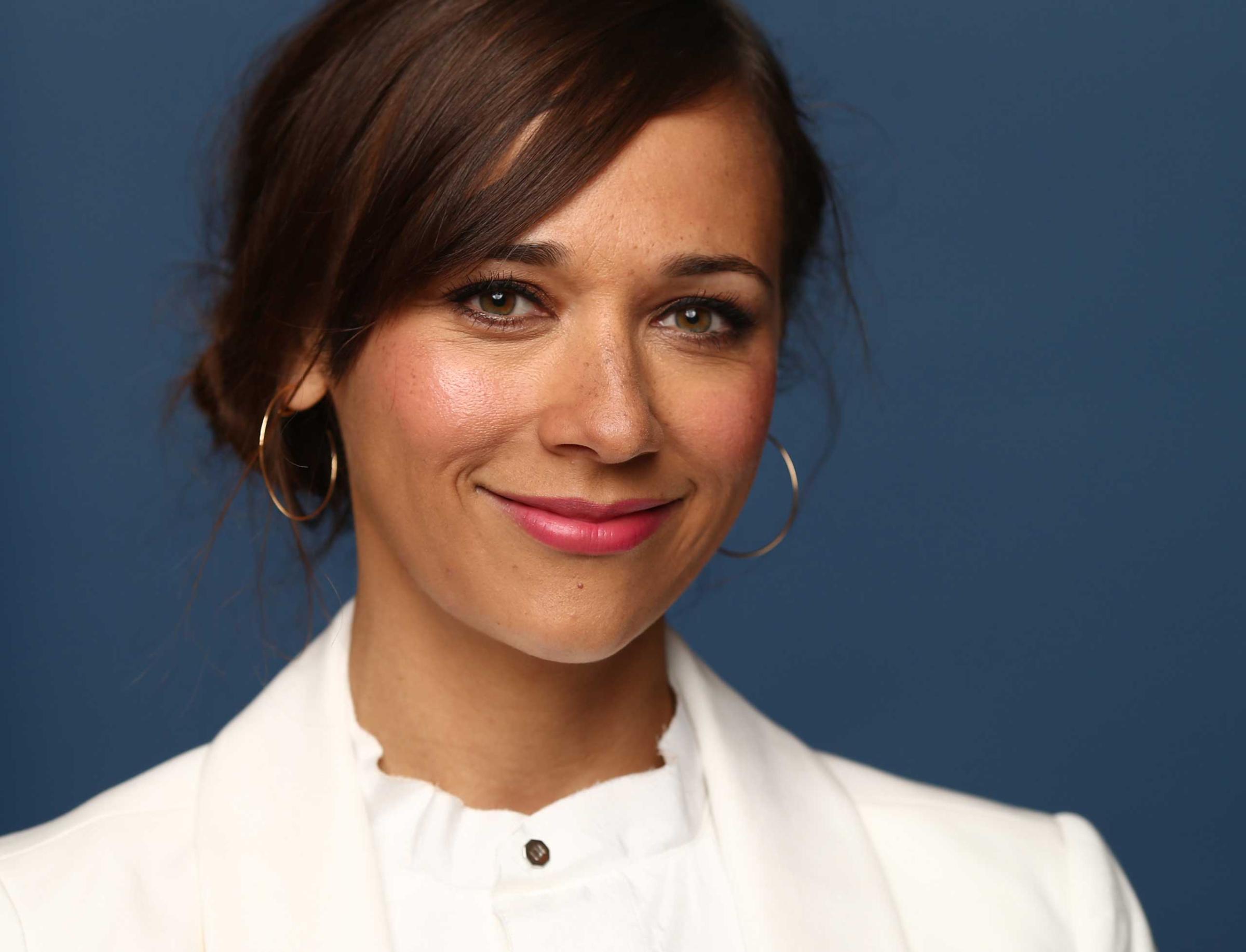
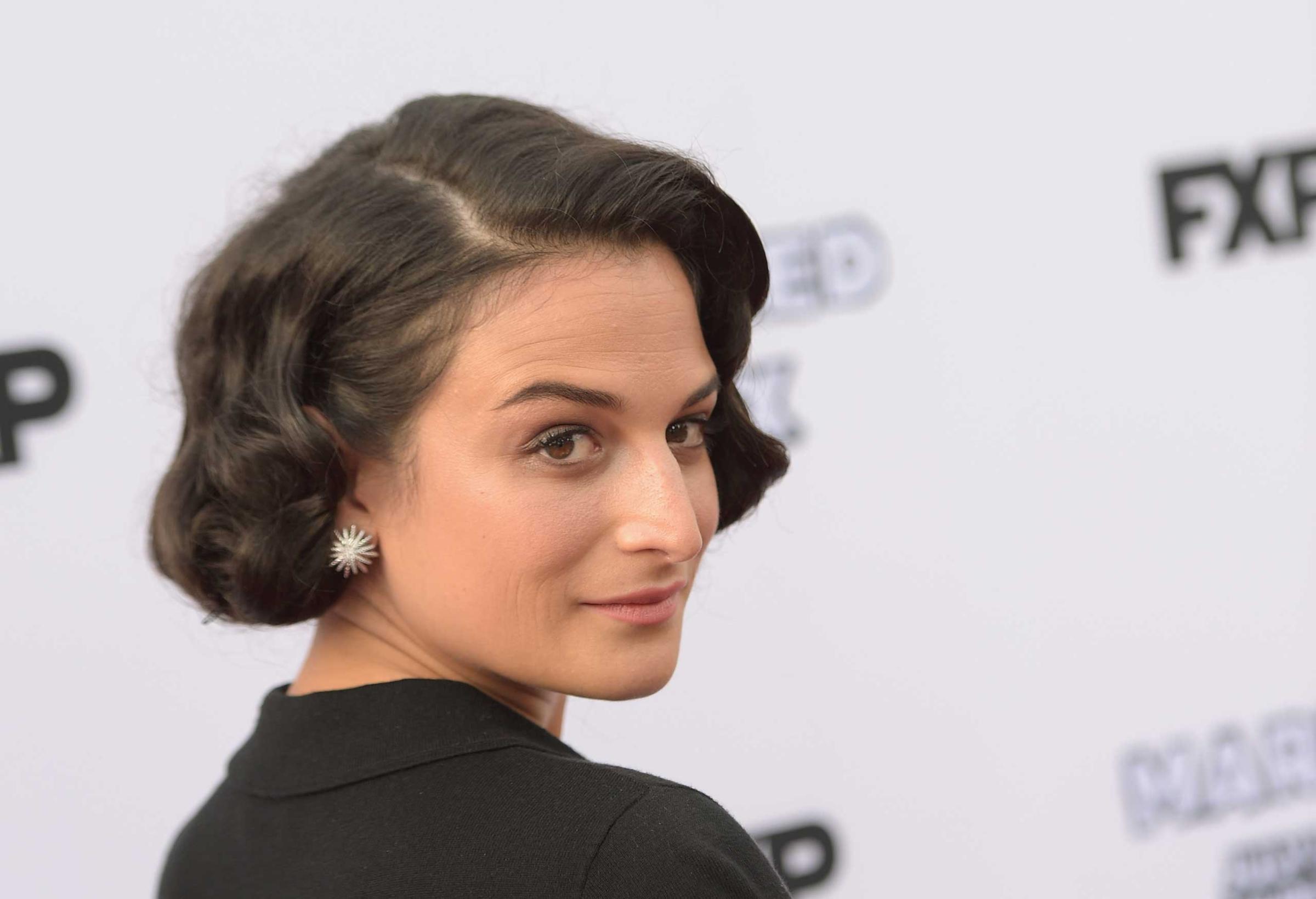
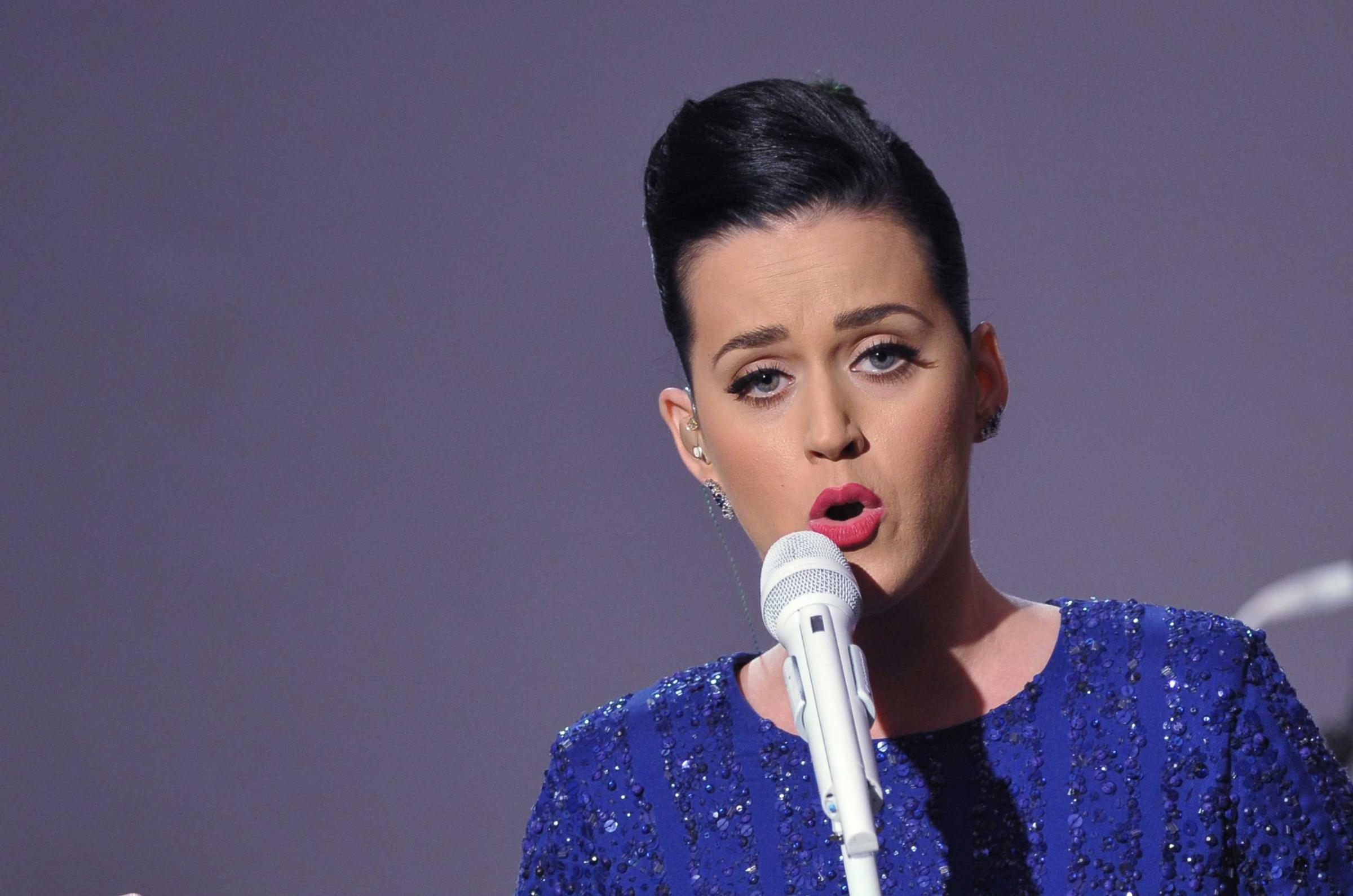

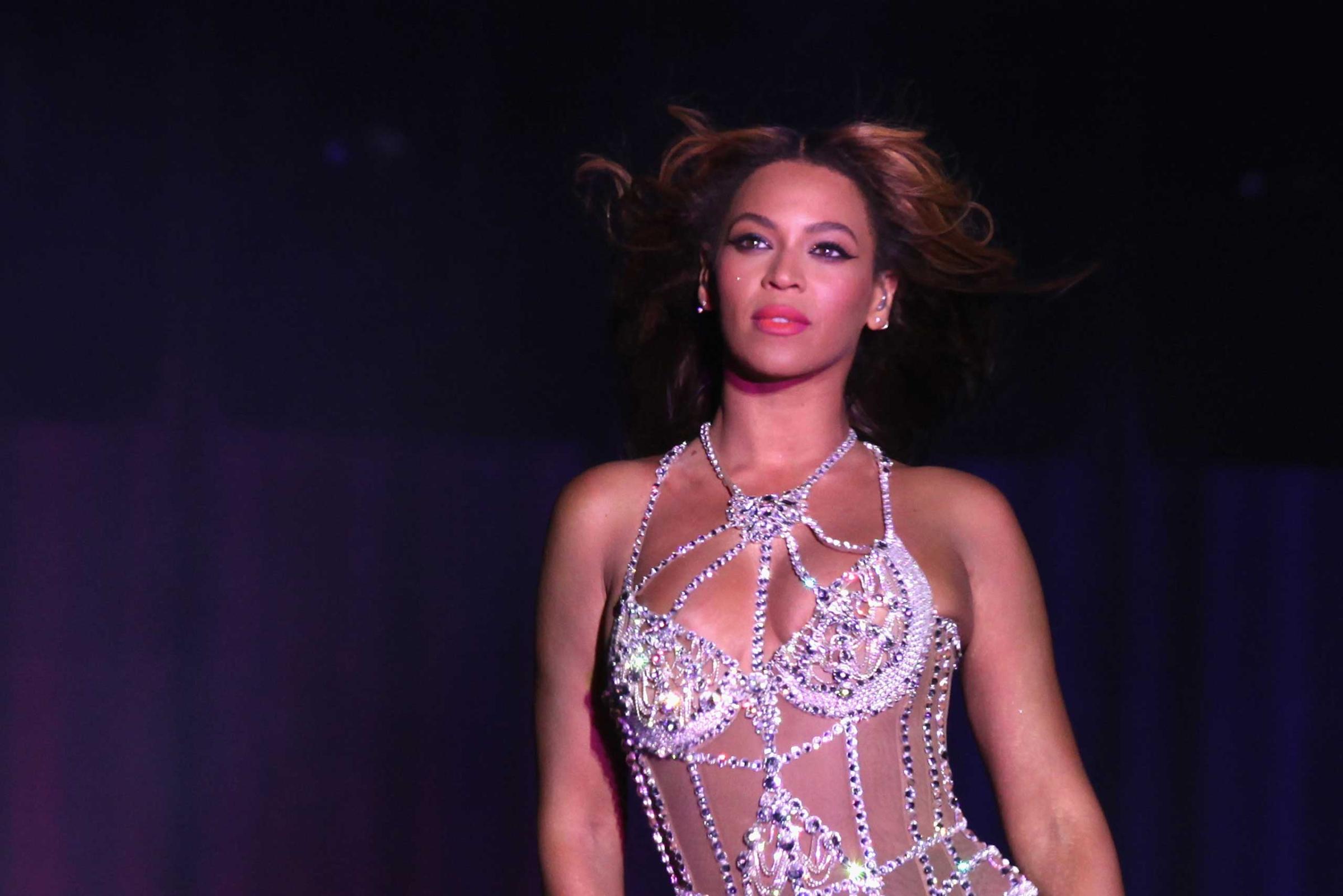
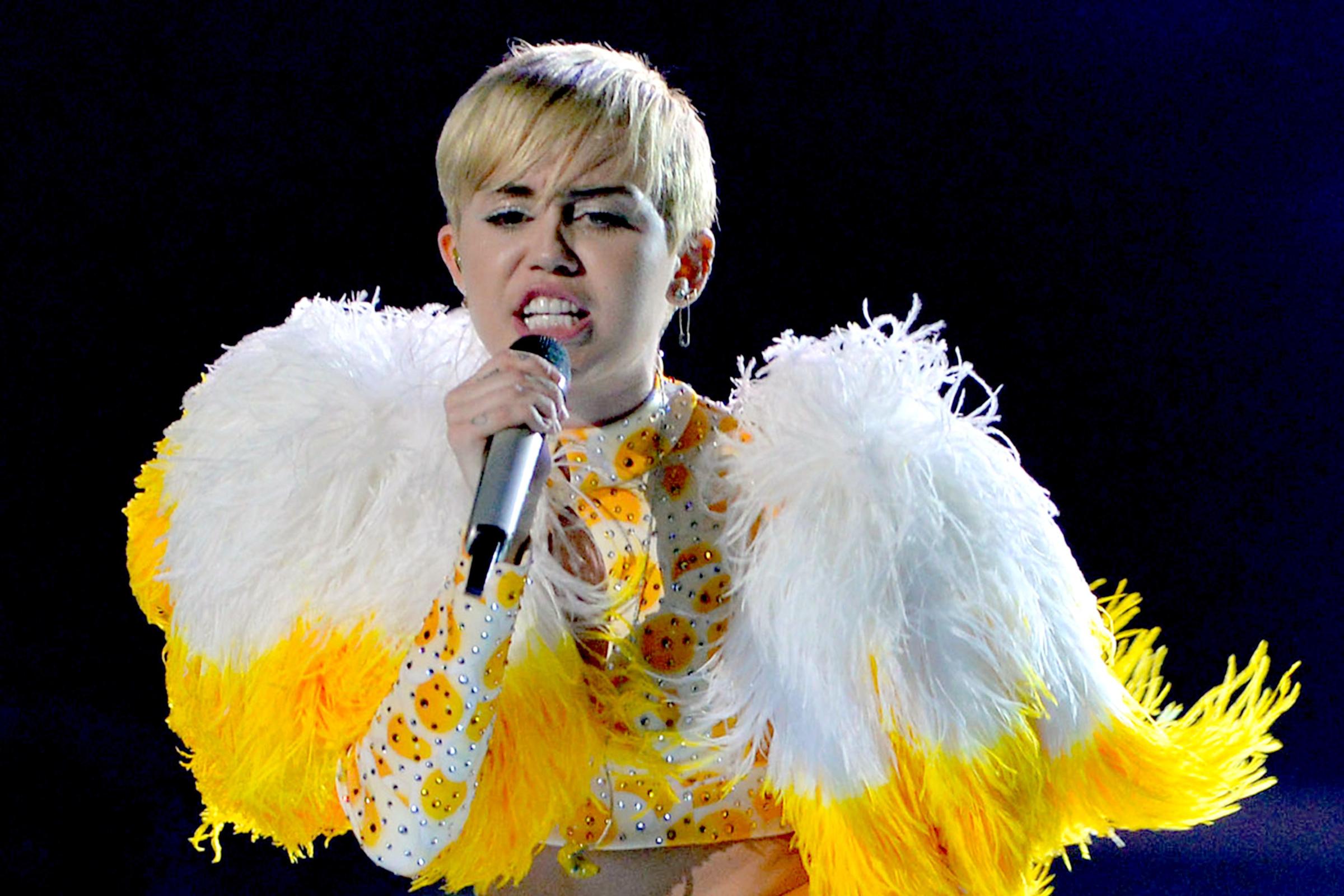
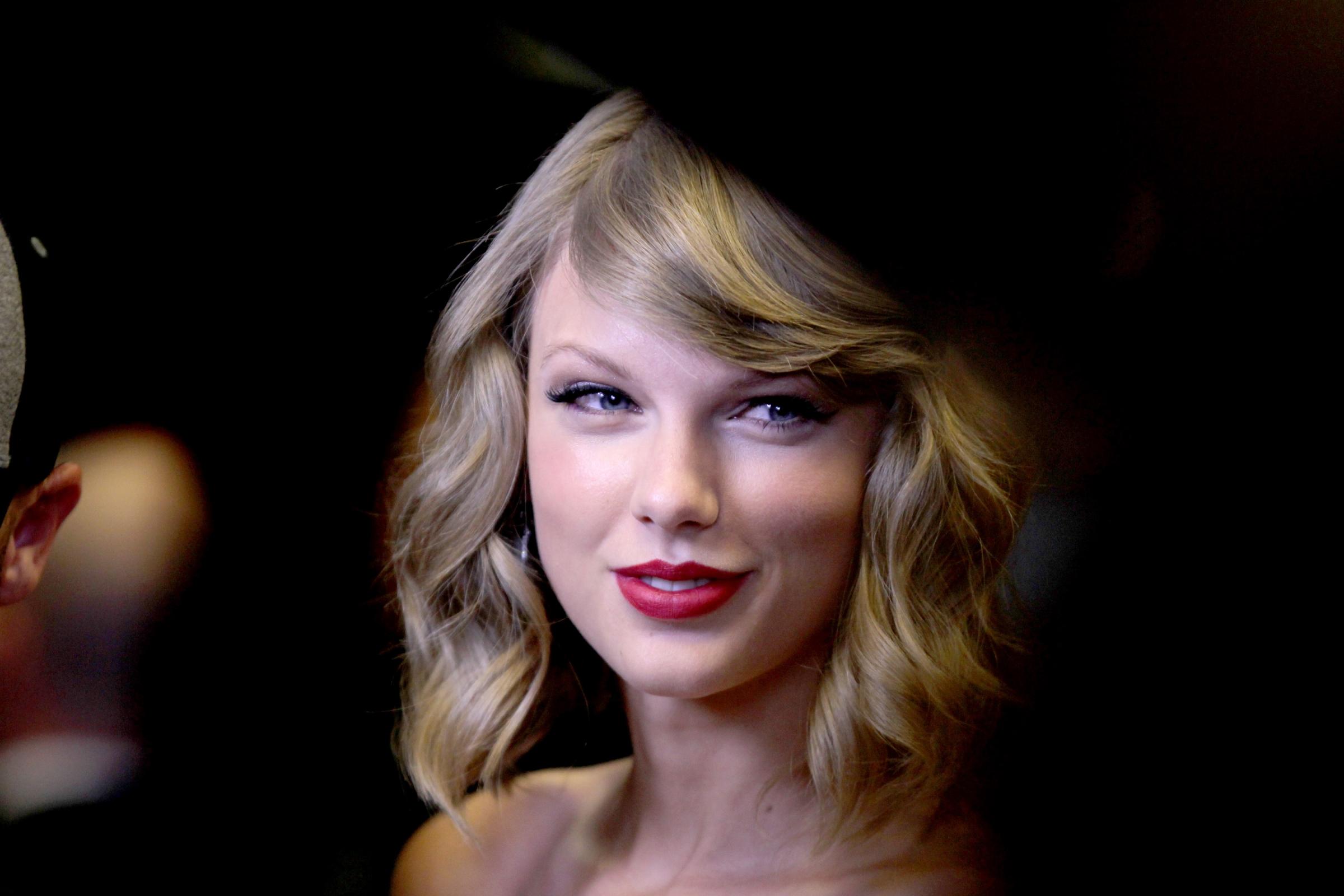
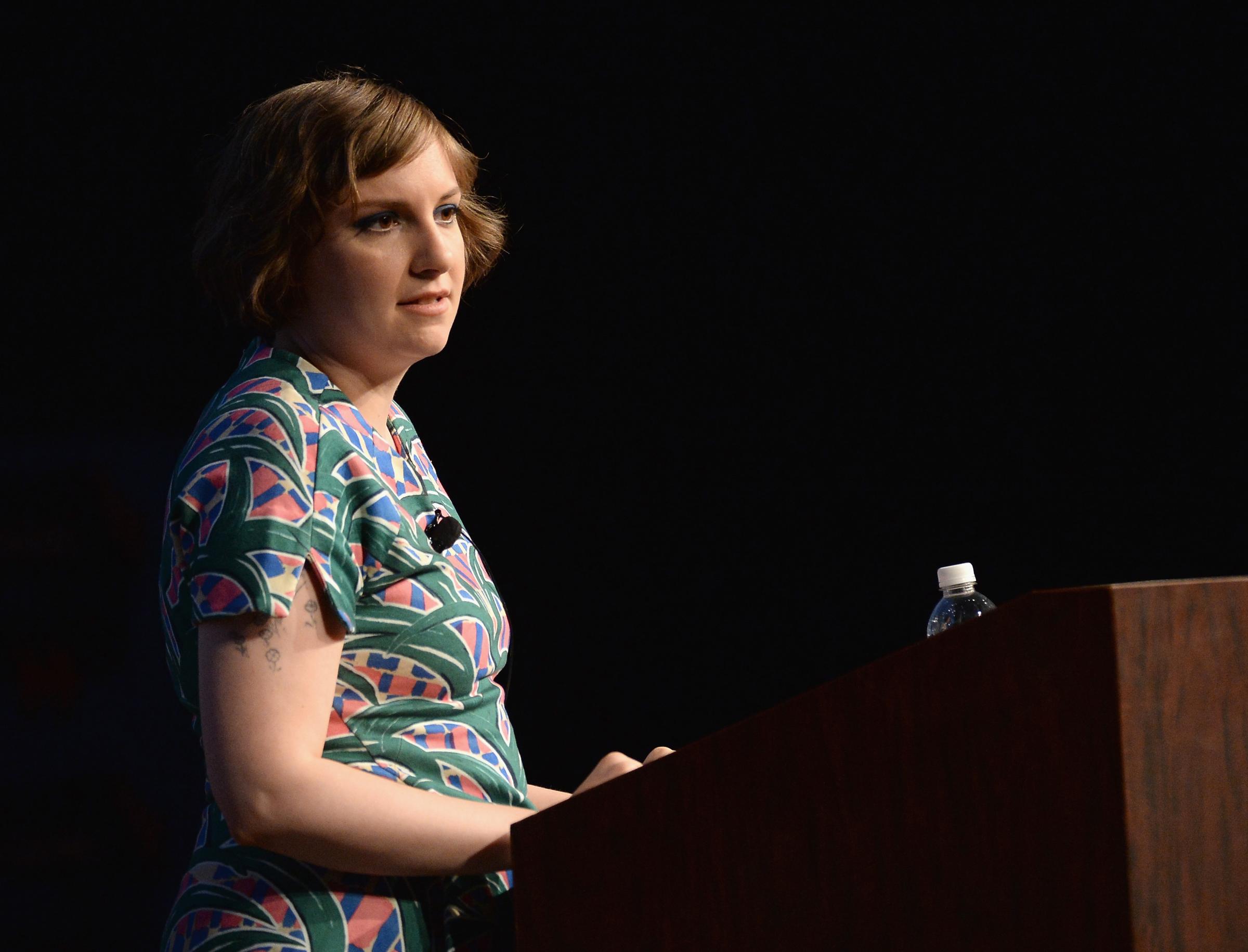

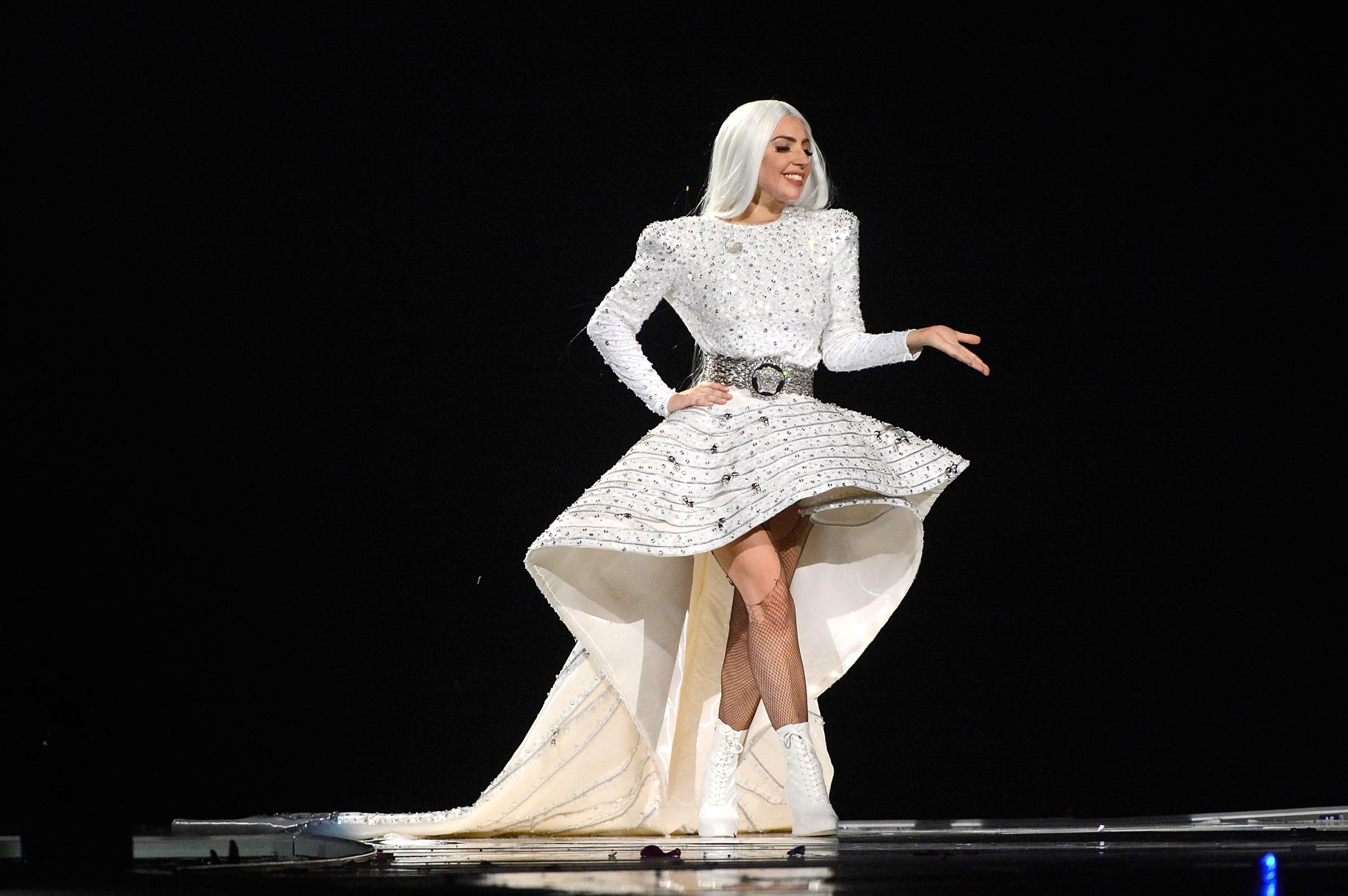

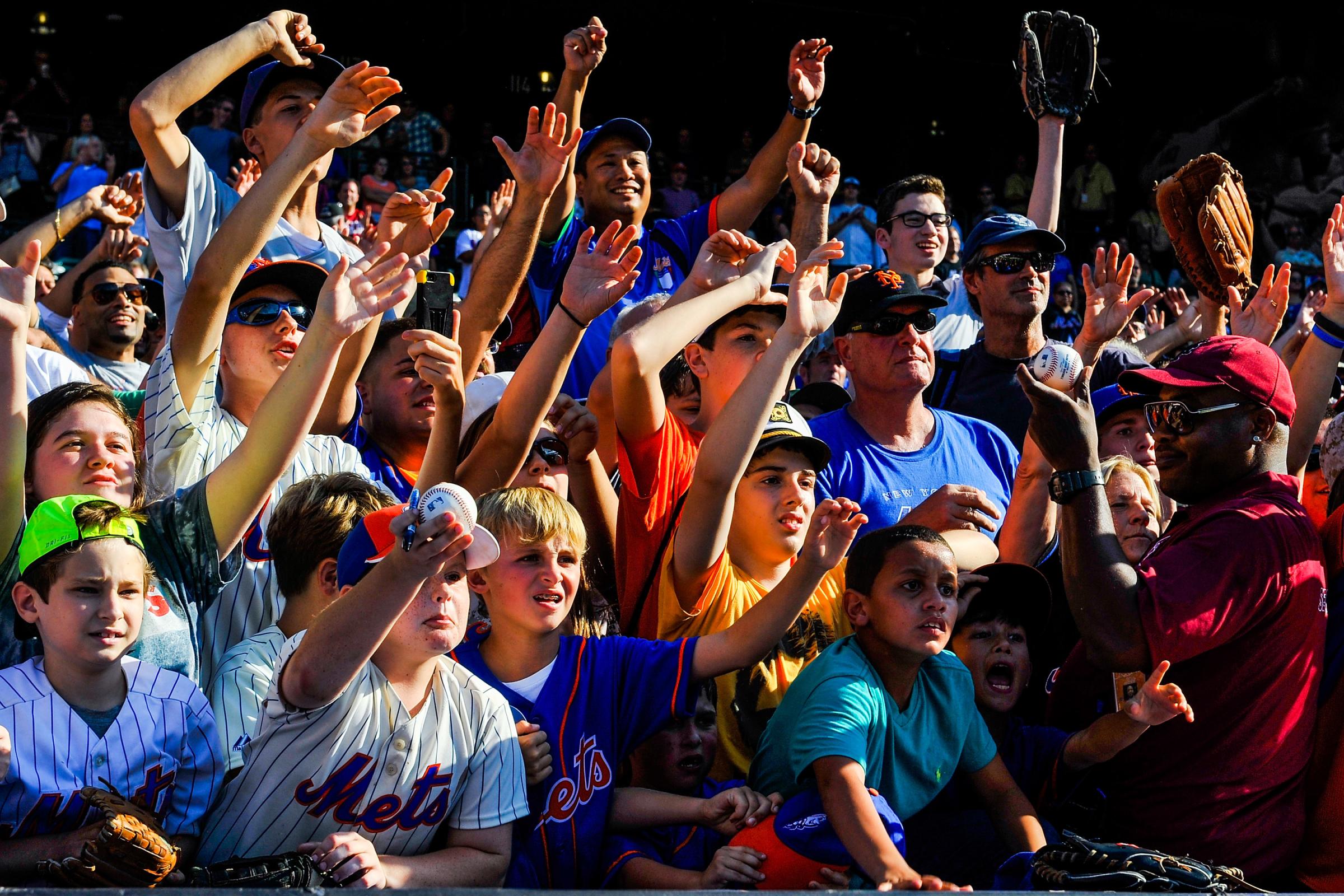
Read next: What to Say When Your Daughter Wants To Grow Up To Be Ronda Rousey
Download TIME’s mobile app for iOS to have your world explained wherever you go
More Must-Reads From TIME
- The 100 Most Influential People of 2024
- Coco Gauff Is Playing for Herself Now
- Scenes From Pro-Palestinian Encampments Across U.S. Universities
- 6 Compliments That Land Every Time
- If You're Dating Right Now , You're Brave: Column
- The AI That Could Heal a Divided Internet
- Fallout Is a Brilliant Model for the Future of Video Game Adaptations
- Want Weekly Recs on What to Watch, Read, and More? Sign Up for Worth Your Time
Contact us at letters@time.com